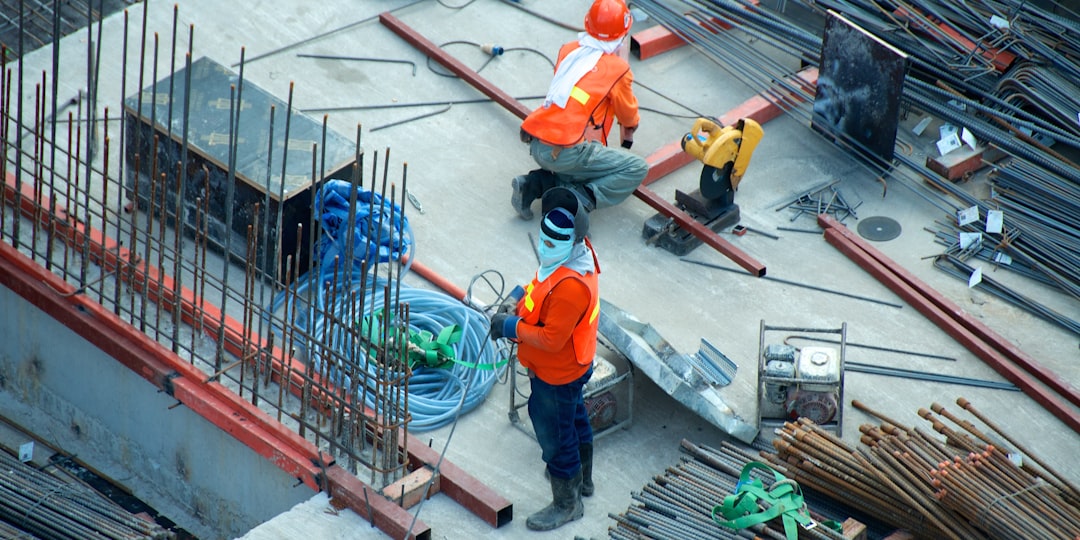

What CIS Penalties Are There?
CIS have quite strict penalties that easily end up in the £000’s if you are not careful plus HMRC can remove your gross payment status at any time which will massively impact your cashflow.
Penalties for Late Filing
If a contractor fails to submit the monthly return on time the following penalties will be applied unless you have a reasonable excuse:
• 1 day late = £100
• 2 months late = £200
• 6 months late = £300 or 5% of the CIS deductions (whichever is higher)
• 12 months late = £300 or 5% of the CIS deductions (whichever is higher)
• Over 12 months late = potentially an additional £3,000 or 100% of the CIS deductions (whichever is higher)...
In addition, the CIS penalties are cumulative and they are for each monthly CIS return not filed on time.
If no contractors are paid in that month, you are still required to file a Nil return and if you miss the deadline an automatic penalty will still be applied however HMRC have confirmed they will cancel the CIS penalties when the contractor confirms the monthly return was Nil.
If you take a subcontractor on and treat them as an employee (quite common…) and continue to pay them as a subcontractor, you would now be avoiding paying the employment taxes due which would have been paid if they were employees. Declaring the wrong employment status can incur penalties of up to £3,000.
If you have an HMRC investigation, they are going to be asking for your CIS records showing information paid to subcontractors and the amount deducted. If these records are poor or non-existence, HMRC can issue a penalty of up to £3,000.
The biggest problem with not taking care of your CIS duties, is the risk of losing you gross payment status. If you lose this, you will be back to losing 20% of your income on every job you do for a contractor and paying your tax in advance!
We highly recommend professional help in regards to your CIS responsibilities. Reach out to us if you have any questions relating to CIS or check out our CIS Resource Hub.

A Contractors Guide To: CIS (Construction Industry Scheme)
The CIS is a scheme that affects all construction businesses - This guide tells you everything you need to know when it comes to CIS.
Claim Mine!Claim Mine!Frequently asked questions
This article has been provided for information purposes only. You should consult your own professional advisors for advice directly relating to your business or before taking action in relation to any of the provided content.
PS. Whenever you are ready, here's how to grow your construction business...
1. Join our Facebook Group which built completely for businesses within the construction industry. Real people, real support. - Now also available on LinkedIn.
2. Keep up to date with Construction Insider Providing you with industry insight, tips & tricks and much more to make sure you are ahead of your competitors!
3. When you are ready, Become a Saint Global client, and we will provide you with the highest quality solutions to effectively scale your construction business. Book your meeting here!

Written by the team at:












.jpg)



